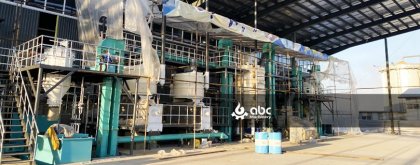Philippines is a global coconut producer, possessing vast planting resources, which gives many investors confidence in coconut oil processing. However, turning resource advantages into commercial profits requires more than “abundant raw materials.” (You may be interested in: How to start a small coconut oil plant business>>)
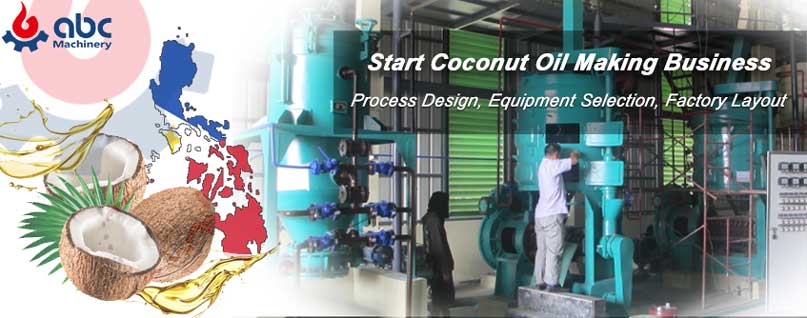
Start A Profitable Coconut Copra Oil Processing Plant in Philippines
Cold press or refined coconut oil, local sales or export — each direction demands entirely different coconut oil production machine, extraction process, and investment structures. Many start with raw material abundance in mind, but end up making wrong choices in equipment selection and coconut oil processing plant setup.
This article will walk you step by step through the market logic, product pathways, coconut oil making machine selection, equipment configuration, and process flow for coconut oil processing in the Philippines. ABC Machinery’s experience helps you take your first step more confidently.
Is the Philippine Coconut Oil Making Really Worth Investing In?
Although raw material resource conditions are indeed superior, converting them into effective capacity is your first investment hurdle. Before investing in coconut oil expeller machine in the Philippines, you need to clarify three key realities:
- Raw material supply is abundant, but highly concentrated and seasonal. Many areas harvest coconuts mainly from March to June. Without cold chain or drying pretreatment capability, raw material stock becomes a bottleneck.
- Most coconut farmers only sell whole nuts or copra, and the industry chain link is weak. If you’re planning to start from fresh fruit, you may need to build or partner with a collection network, significantly increasing initial workload and investment.
- Local oil prices are low, and exports are constrained by standards and certification barriers. Without export qualifications or HACCP systems, relying on the domestic market alone makes high profits from coconut oil difficult.
Overview of Philippine different coconut oil products exports (2023)
| Item | Estimated Value |
|---|---|
| Crude oil exports (CNO) | 600,000 tons |
| Refined coconut oil exports | 130,000 tons |
| Main export markets | EU, USA, Japan |
| Avg. FOB export price (per ton) | $1,400–1,800 |
| Domestic retail price (per L/kg) | $1.5–2.2 |
If you’re considering entering the Philippine coconut oil production market, your first step shouldn’t be “buying oil equipment,” but rather evaluating:
- Is raw material (coconut / copra) controllable?
- Who will your product target?
- Will you produce virgin coconut oil, refined coconut oil, or both?
Why Coconut Oil Production Line Often Struggle in Practice?
Coconut oil processing isn’t just about “ordering a coconut oil machinery” — the real difficulty lies in aligning the coconut oil making process flow with on‑site conditions.
-
Incompatible equipment and raw material conditions
Philippine coconuts come in fresh fruit, dried copra, shelled kernel, or pre‑dehusked copra. Different material states demand totally different breaking, drying, extracting, and pressing equipment. -
Unstable power and infrastructure
Strong voltage fluctuations and frequent power outages are common, especially in remote, coconut‑dense southern areas. Without stabilizers or backup generators, continuous pressing is nearly impossible. -
Insufficient on‑site management and operator training
Many lines feature advanced machines, but frontline workers lack skills in adjusting parameters or process control, leading to inefficiency or downtime—especially in cold press or refining processes where standard operation is critical.
Coconut Oil Product Types Define the Processing Equipment You Need
Which type of coconut oil will you produce? This is the starting point for all production equipment decisions. In the Philippine coconut oil mill industry, two most common production routes are cold pressed virgin coconut oil and dry copra pressing and refining plant.
These two coconut oil types differ significantly in raw material requirements, production line structure, equipment configuration, operator training, and more.
Cold‑pressed Coconut Oil Machine vs Refined Coconut Oil Press Equipment
Different production routes require equipment and processing machinery tailored to pre‑treatment standards and final quality.
| Virgin Coconut Oil (VCO) | Refined Coconut Oil (RBD) | Coconut residue by‑product | |
|---|---|---|---|
| Product Type | Virgin Coconut Oil (VCO) | Refined Coconut Oil (RBD) | Coconut residue by‑product |
| Raw Material | Fresh coconut meat | Dried copra | Pressed cake or fibrous residue |
| Process Type | Cold pressing or wet fermentation | Pressing + refining process | Produced alongside main process |
| Process Flow | Peeling → shredding → cold pressing → separation → dehydration | Drying → pressing → crude oil filtration → refining → finished product | / |
| Equipment Configuration | coconut oil making machine, cold press unit, centrifuge, dehydrator | Screw oil press machine, coconut oil refining equipment | De‑residue unit, cake dryer, crush mill, pellet machine |
| Market Position | Edible, cosmetic, premium market | Cooking oil, export trade | Animal feed, fertilizer |

Small RBD Coconut Oil Making Mahines and Processing Steps
ABC Machinery specializes in refined coconut oil extraction machine and full production line solutions, particularly suitable for export‑oriented clients seeking stable quality and food‑grade compliance. Contact us anytime for customized coconut oil production line quotes and project proposals.
ABC Machinery Supports Coconut Oil Plant Setup in the Philippines and Beyond
We’ve successfully designed and built coconut oil mill projects worldwide, including:
✅ In 2024, a 10 TPD batch coconut oil refinery was built in Abidjan, Côte d'Ivoire, for a local oil company to solve the problem of poor crude copra oil quality and achieve high quality edible oil production.
✅ Expanded 20 TPD semi-continuous coconut oil refinery business in South Cotabato, Philippines in 2022 for existing customer to optimise deodorisation process and balance quality and cost.
✅ Completion of a 10 TPD mini batch coconut oil refining plant in the Philippines in 2021 for the production of high quality edible oil using dry deacidification and decolourisation process.

A 20TPD Coconut Oil Mill Plant Project Construction Site in Philippines
Contact ABC Machinery with your raw material details or project needs, and our engineers will provide professional equipment recommendations and budget estimates within 48 hours.
Coconut Oil Making FAQs What New Investors and Processors Ask Most
1. What equipment is suggested for small coconut oil processing?
For small‑scale projects, start with a simplified dry‑type copra oil pressing line, including shredders, (drying equipment), oil press, and oil filter. Daily capacity can be managed at 200–800 kg of dried copra, ideal for market testing or gradual expansion.
2. How much does a coconut oil equipment set cost?
Investment ranges vary significantly. Approximate reference (equipment only, excluding the plant):
- Cold press trial line: $5,000–10,000
- Small refined line: $20,000–40,000
- Medium automated production line: from $60,000–150,000
We suggest sharing raw material details and market targets to receive a tailored quote and equipment list.
3. Can your equipment adapt to Philippine power and water quality?
ABC Machinery systems can be customized for Philippine voltage (220 V/380 V) and water fluctuations, and we offer offline cooling, water treatment, and backup power solutions to ensure stable operation.
4. Can you assist planning the entire project from scratch?
Absolutely. ABC Machinery provides one‑stop services from site selection assessment → process design → equipment manufacturing → installation & commissioning → training & after‑sales, ideal for first‑time oil processing clients. We have multiple successful Philippine case studies—feel free to inquire.
5. What localized support services do you provide for the Philippines?
To help Philippine clients start up smoothly, we provide localized adaptation services:
- Voltage/frequency customization: 220 V, 380 V, 440 V and 50 Hz/60 Hz motors & control system
- Anti‑corrosion treatment for high‑humidity, high‑temperature tropical coastlines
- On‑site installation & remote guidance: available engineer dispatch or video support
- Operator training: English or Tagalog manuals & operation videos for quick onboarding
We receive enquiries in English, Español (Spanish), Русский язык (Russian), Français (French) and العربية (Arabic).Our professional team will reply to you within one business day.Please feel free to contact us!



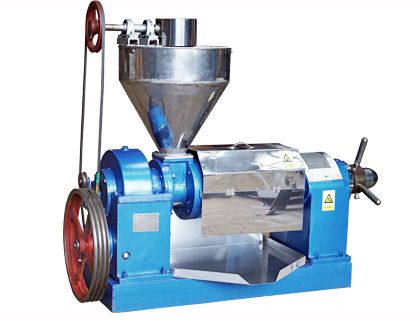 Screw Oil Press
Screw Oil Press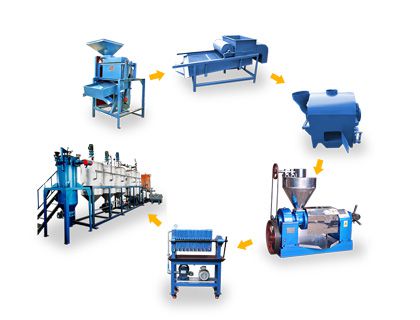 Small Oil Mill Plant
Small Oil Mill Plant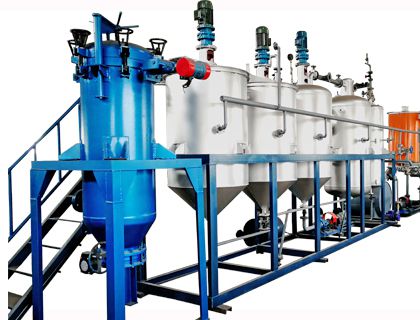 Small Oil Refinery
Small Oil Refinery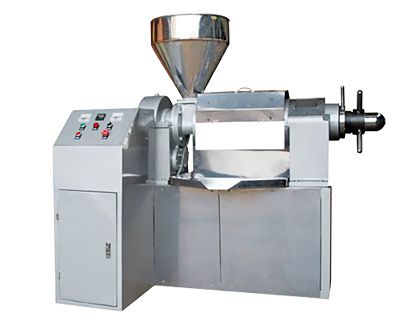 Automatic Oil Press
Automatic Oil Press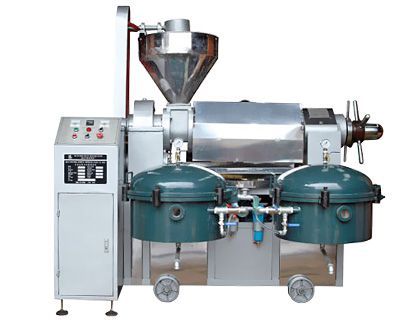 Multifunction Oil Press
Multifunction Oil Press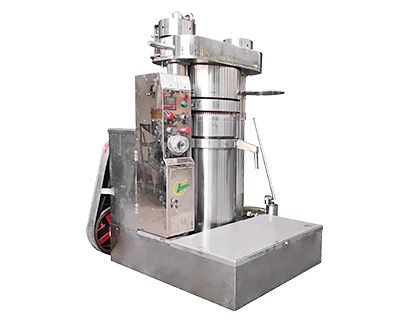 Hydraulic Oil Press
Hydraulic Oil Press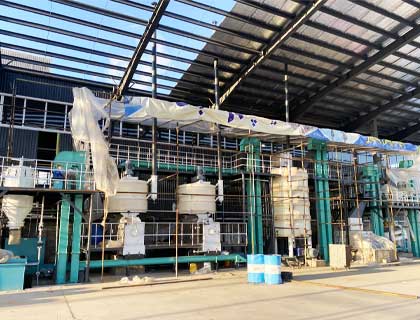
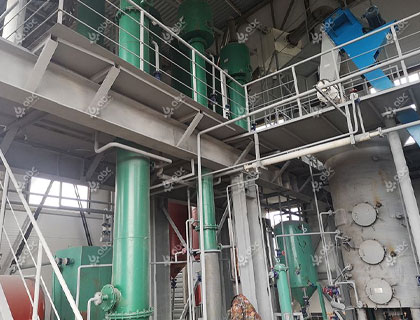
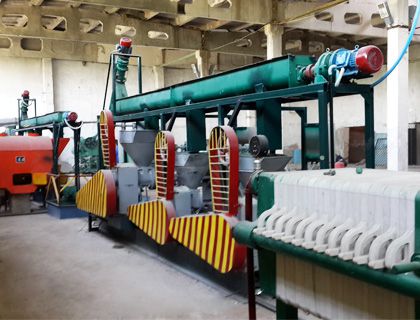
![[Presidential Visit] Zimbabwe 30 Tons/Day soybean oil plant for Extraction and Refinery Was Successfully Completed](/uploads/allimg/soybean-oil-plant-press-refine-business-lp.jpg)

